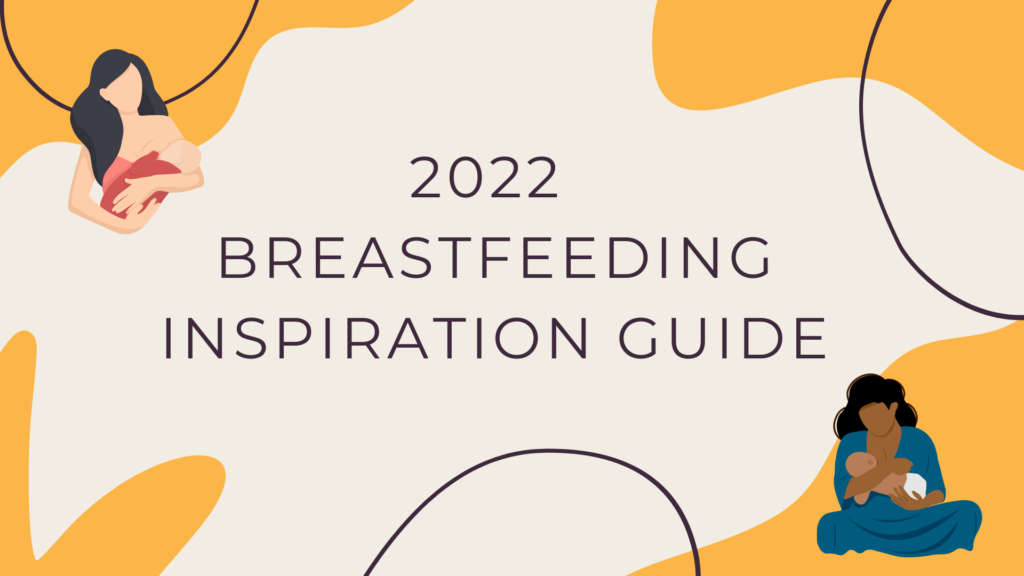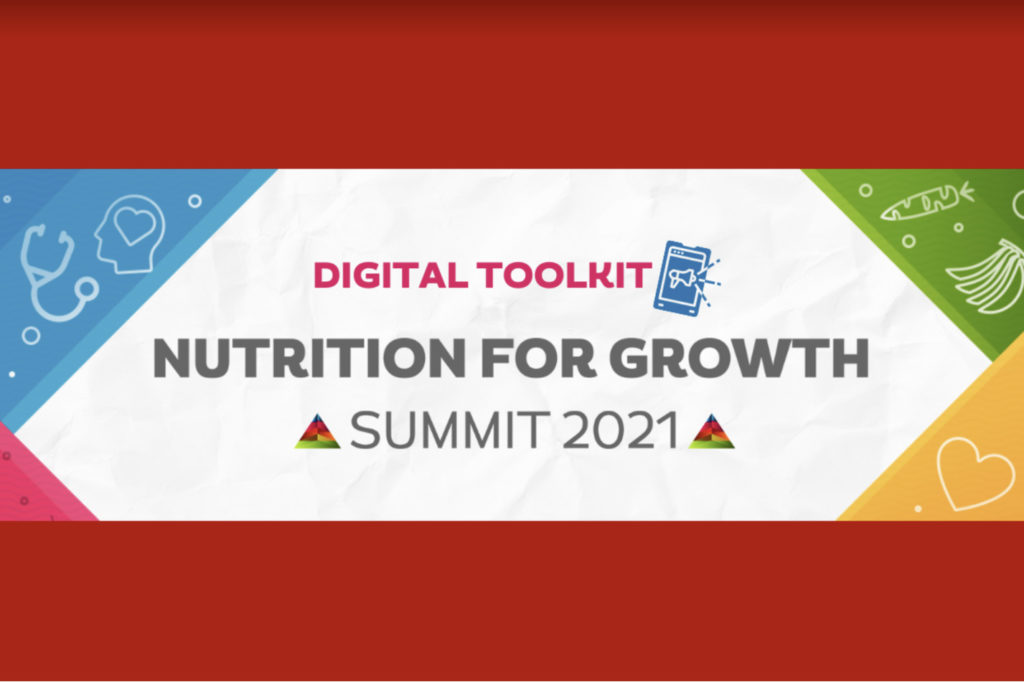Building Health
The first 1,000 days set the foundation for health for all the days that follow.
The 1,000 days between a woman’s pregnancy and her child’s second birthday provide the foundation for lifelong health. It is a time when our external environments—from the food we eat to our exposures to stress and adversity—shape our future health in powerful ways. In recent years, science has shed new light on how nutrition in the first 1,000 days impacts how our bodies and our immune systems develop, and how it influences our predisposition to diseases later in life. There is even evidence suggesting that the health effects of poor nutrition and adverse experiences early in life can pass down from one generation to the next.
Throughout the first 1,000 days, the well-being of a mother and the well-being of her child are closely linked. It is why it is essential that women have the nutrition, care and support they need for the healthiest possible future—for themselves and for their children.

Pregnancy
Brain development begins before birth.
A child’s brain begins to grow very early on in pregnancy and develops at an astonishing speed. At the 4th week of pregnancy, the brain has an estimated 10,000 cells—by the 24th week, it contains 10 billion. The nutrition that a baby gets from his mother through her diet is the fuel that drives much of this incredible transformation.
Nutrients such as folic acid, iron, zinc and iodine, as well as protein and fatty acids play a vital role in building a baby’s brain during pregnancy. When one or more of these is absent during pregnancy, a baby could be at risk for developmental delays, birth defects and cognitive deficits. Because a mother’s diet and her nutrient stores are the only source of nutrition for a developing baby, it is critical that women get the health care and nutritious food they need before and during pregnancy.

Photo credit: United States Breastfeeding Committee
Infancy
Mother’s milk is the food that builds a baby’s immunity and protects her health.
When it comes to giving babies the healthiest start to life, breastfeeding is unmatched. Packed with antibodies, stem cells and other unique properties, breastmilk acts as babies’ first vaccine. It builds their immunity, protecting them from infections, conditions such as sudden infant death syndrome (SIDS), and diseases like diarrhea and pneumonia which kill hundreds of thousands of young children every year. Breastfeeding also lowers a child’s risk of developing obesity later in life. The health effects of breastfeeding for mothers are just as powerful, reducing a woman’s risk of heart disease, breast cancer, ovarian cancer, diabetes and depression. Researchers estimate that breastfeeding has the potential to save the lives of over 820,000 young children and 20,000 women each year.
Because of the impact breastfeeding has on child health and survival, leading health authorities including the World Health Organization (WHO) and the American Academy of Pediatrics (AAP) recommend that for their first six months, babies be exclusively breastfed—i.e. fed only breastmilk with no solids or other liquids. WHO recommends that babies continue to breastfeed, along with eating nutritious foods, for at least 24 months as this provides both mom and baby with the greatest health benefits. Unfortunately, too many mothers lack the support they need to meet these recommendations and as a result, they and their children aren’t able to reap the extraordinary health benefits of breastfeeding.

Early Childhood
A window of opportunity to shape lifelong health.
Early childhood is when lifelong eating habits are established. To fuel their growth, older infants and toddlers need to eat a variety of protein-rich foods, fruits and vegetables, whole grains, unsweetened milk and other dairy products. A healthy diet is essential to ensuring a young child grows well and gains an appropriate amount of weight.
Over the past several years, there has been a dramatic increase in the number of pre-school age children with overweight and obesity—an emerging epidemic driven by unhealthy diets and poor eating and feeding practices in the first 1,000 days. Obesity can harm a young child’s body, impacting the healthy functioning of his organs as well as the hormones that control blood sugar. But the consequences of obesity in young children also reach far into the future. Studies show that children who develop overweight or obesity early in life are more likely to be obese as adults and are at greater risk for heart disease, type 2 diabetes, cancer and other illnesses later in life.
Pregnancy
Healthy futures start here.
During pregnancy, a person’s diet, the rate at which they gain weight, their physical and mental well-being, their environment and lifestyle habits have a powerful effect on a child’s future health. These factors influence how a child’s metabolism, immune system, and organ functioning begin to develop. They can also affect whether a child is born prematurely or at a low birthweight—outcomes that have a lasting impact on a child’s health well into adulthood.
A growing body of research suggests that diseases such as diabetes, hypertension and stroke have their origins in pregnancy—and that prenatal nutrition plays an important role in whether a child becomes susceptible to these and other illnesses later in life. There is also research showing that babies start to develop food preferences in the womb with implications for lifelong eating habits.
Infancy
Mother’s milk is the food that builds a baby’s immunity and protects her health.
When it comes to giving babies the healthiest start to life, breastfeeding is unmatched. Packed with antibodies, stem cells and other unique properties, breast milk acts as babies’ first vaccine. It builds their immunity, protecting them from infections, conditions such as sudden infant death syndrome (SIDS), and diseases like diarrhea and pneumonia which kill hundreds of thousands of young children every year. Breastfeeding also lowers a child’s risk of developing obesity later in life. The health effects of breastfeeding for mothers are just as powerful, reducing a woman’s risk of heart disease, breast cancer, ovarian cancer, diabetes and depression. Researchers estimate that breastfeeding has the potential to save the lives of over 820,000 young children and 20,000 women each year.
Because of the impact breastfeeding has on child health and survival, leading health authorities including the World Health Organization (WHO) and the American Academy of Pediatrics (AAP) recommend that for their first six months, babies be exclusively breastfed—i.e. fed only breastmilk with no solids or other liquids. WHO recommends that babies continue to breastfeed, along with eating nutritious foods, for at least 24 months as this provides both mom and baby with the greatest health benefits. Unfortunately, too many mothers lack the support they need to meet these recommendations and as a result, they and their children aren’t able to reap the extraordinary health benefits of breastfeeding.
Photo credit: United States Breastfeeding Committee
Early Childhood
A window of opportunity to shape lifelong health.
Early childhood is when lifelong eating habits are established. To fuel their growth, older infants and toddlers need to eat a variety of protein-rich foods, fruits and vegetables, whole grains, unsweetened milk and other dairy products. A healthy diet is essential to ensuring a young child grows well and gains an appropriate amount of weight.
Over the past several years, there has been a dramatic increase in the number of pre-school age children with overweight and obesity—an emerging epidemic driven by unhealthy diets and poor eating and feeding practices in the first 1,000 days. Obesity can harm a young child’s body, impacting the healthy functioning of his organs as well as the hormones that control blood sugar. But the consequences of obesity in young children also reach far into the future. Studies show that children who develop overweight or obesity early in life are more likely to be obese as adults and are at greater risk for heart disease, type 2 diabetes, cancer and other illnesses later in life.



